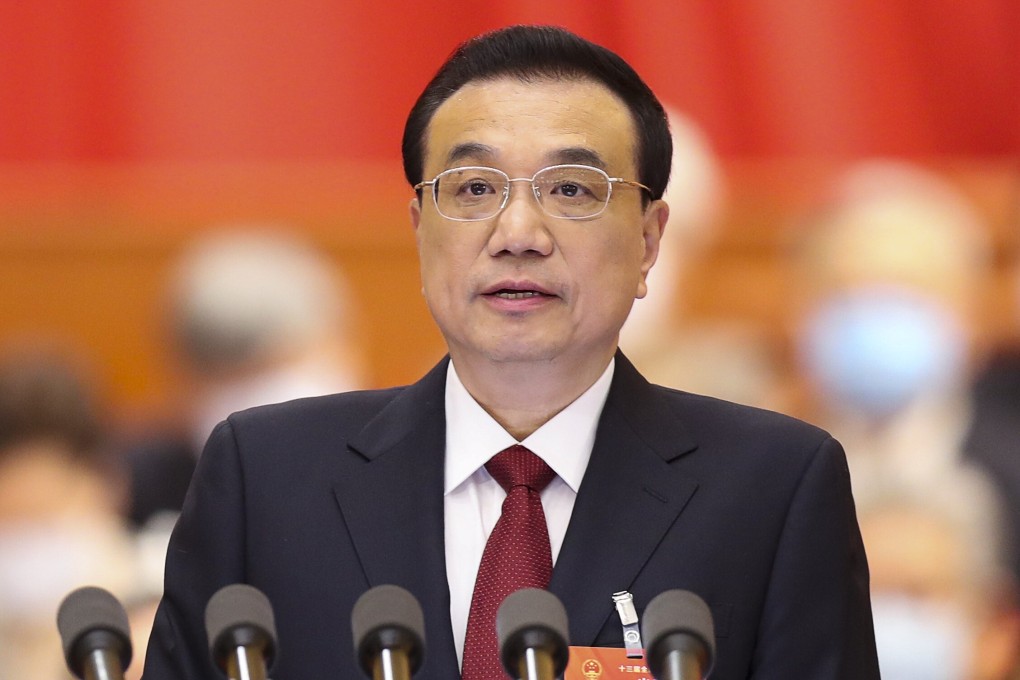Chinese Premier Li Keqiang warns of challenges over jobs, private sector, red tape
- Foundation of economic recovery remains shaky, he warned last month, newly released transcript shows
- This year’s employment target will not be easy to hit, Li said before Politburo meeting to discuss first-quarter economic performance


02:01
China’s economy expands record 18.3 per cent in the first quarter of 2021
According to a transcript published on Sunday night by the official Xinhua news agency, Li warned against complacency as he noted difficulties and challenges over employment, the private sector, and government inefficiency and red tape.
“The foundation of our economic recovery is still shaky,” Li told the officials. “Small and medium enterprises, as well as self-employed businesses, are suffering from rising costs, which means there is heavy pressure on employment.”
Potentially adding to the country’s employment challenges is that a record 9.1 million students are expected to graduate from mainland Chinese universities this year, joining graduates returning from overseas and the country’s vast army of migrant workers.